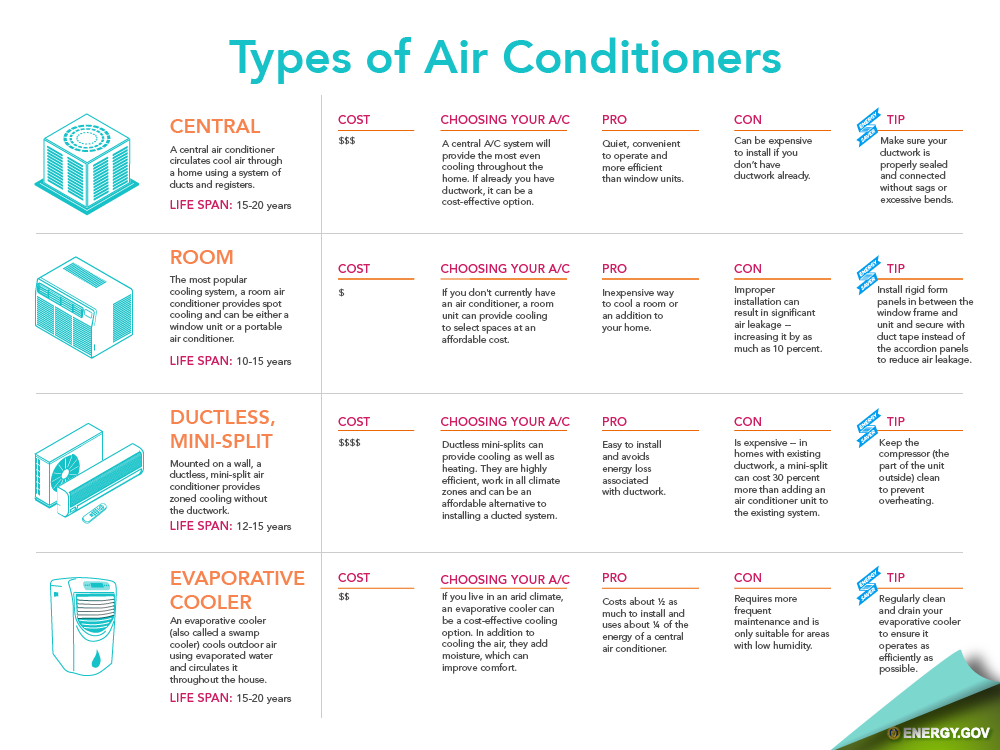Heat Pump Vs Heating System - Which Is The Better Heating Choice For Your Home?
Heat Pump Vs Heating System - Which Is The Better Heating Choice For Your Home?
Blog Article
Writer-Midtgaard Sims
Many home owners recognize with heating systems, which heat homes with oil or gas and push hot air via ductwork. They are relatively cost-effective and can give trustworthy home heating also throughout a winter power blackout.
Nevertheless, they utilize fossil fuels and produce carbon monoxide and various other air contamination. They also aren't as energy-efficient as a high-efficiency heat pump.
Expense
Normally, heat pumps are much more inexpensive to operate than furnaces. They usually make use of power and refrigerant to extract warmth from exterior air, and afterwards transfer it into your home. You can make use of less costly electrical energy prices throughout off-peak hours to better lower your heating costs.
Unlike heat pumps, gas or wood-burning furnaces use burning to create warm, emitting flue gases into the environment that can be damaging to your health. These heating systems are also less energy-efficient than heat pumps, and their greater operating costs can accumulate with time.
Heaters are much more difficult than heat pumps and call for normal upkeep to guarantee the appropriate function of all components. In spite of this, they often tend to last longer than heatpump with a normal life expectancy of 20 years or even more. Nevertheless, you'll need to consider the expense of gas, fuel oil or wood and the extra devices needed for installation and operation such as air ducts and ventilation systems.
Energy Efficiency
Heat pumps have a higher power efficiency ranking than furnaces. These systems utilize electricity to feed on warmth from the air, also in freezing temperature levels. They can additionally get rid of excess heat from the home during warmer months and recycle it to cool the system. Service provider experts can help you identify the very best design for your online on environment and source power prices.
Heating systems shed fuel oil, lp, natural gas or various other types of fossil fuel to warm the air in the home. This air is after that distributed via ductwork making use of a big fan. Heaters produce greenhouse gases and call for routine maintenance and tools upgrades to guarantee safe procedure.
The biggest benefit of a heater is that it can be run also in severe winter months conditions due to the fact that it does not depend on outdoor temperatures to warm up the air. see this have a longer lifespan than heat pumps and typically last 15 years. They can also be paired with double gas choices, which choose the most reliable heating choice based on the weather.
you could try here in moderate climates and use less source energy than heaters. However, if your region is exceptionally cool, you might need to purchase a typical gas heater instead.
Heaters provide warm, relaxing warm and normally supply rapid home heating to elevate indoor temperature levels. These systems can be used with a variety of fuel kinds, including natural gas, lp, oil or electricity.
They consume more power than heat pumps-- up to 3x as much-- and require ductwork that's pricey to mount or retrofit. They're additionally a lot more expensive to preserve, as they can trigger air high quality issues and produce greenhouse gas exhausts.
If you're committed to minimizing your carbon footprint, a heatpump is a good choice for your home. They have less greenhouse gas exhausts than furnaces, particularly if you select a power STAR ® heat pump. Your neighborhood Service provider professional can describe the differences between these 2 heating unit and assist you make the very best decision for your unique requirements.
Individual Preferences
Heating systems can be extremely energy effective when powered by natural gas, gas or oil, however they aren't as power efficient as heatpump in frigid environments. Click Link can additionally be more costly to set up, calling for gas lines and air flow systems.
Nonetheless, heaters tend to call for less upkeep, which can lead to reduced recurring expenses. They produce less greenhouse gases and are a lot more reputable than heatpump throughout severe weather condition.
Electric heatpump are much more flexible in producing indoor comfort due to the fact that they can likewise act as air conditioners throughout warmer months. They can be easier to preserve, needing just normal air filter changes and occasional vacuuming.
If you prefer the comfort of a single system that does it all, think about a crossbreed heating service that sets a heating system with an electrical heat pump. These systems can immediately switch over between the two home heating alternatives based upon your home's needs and temperature level conditions, making the most of performance and cost savings.